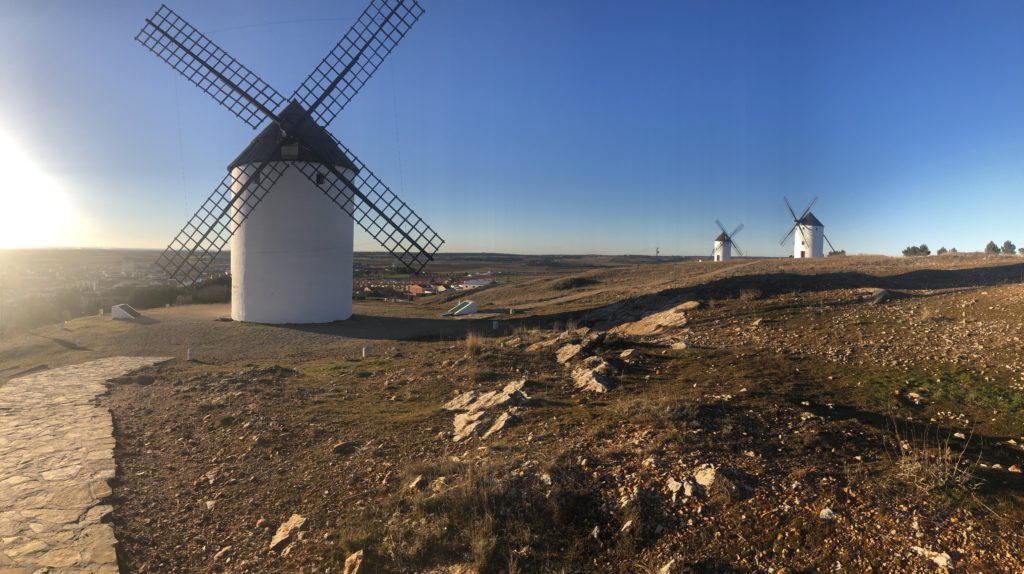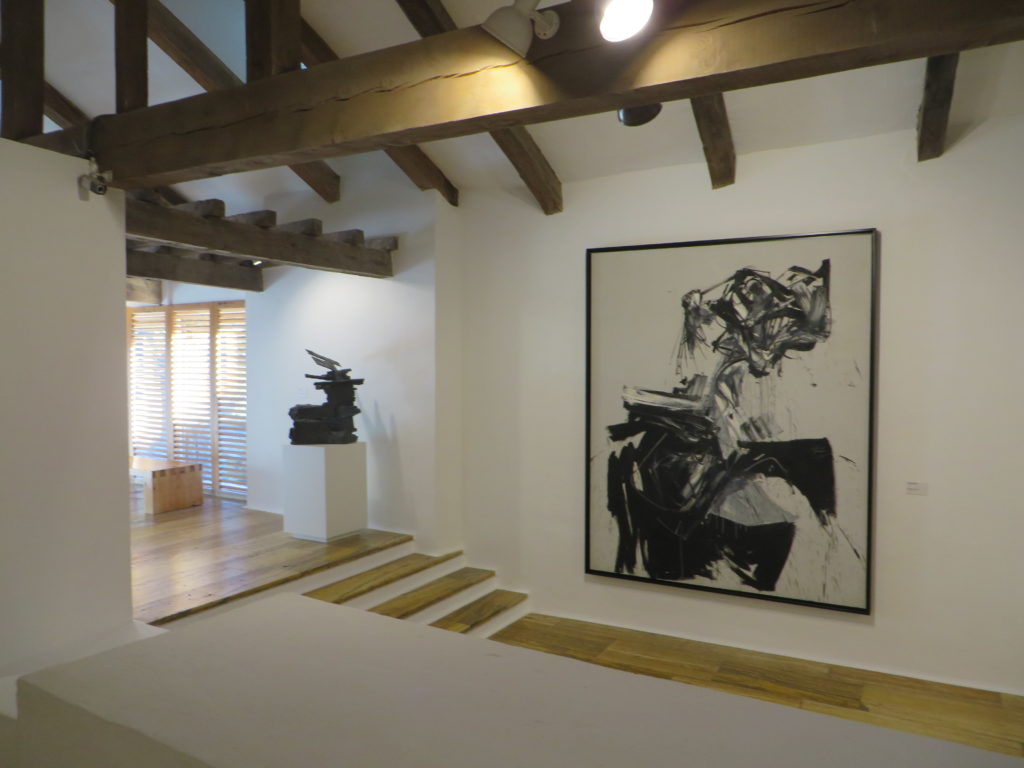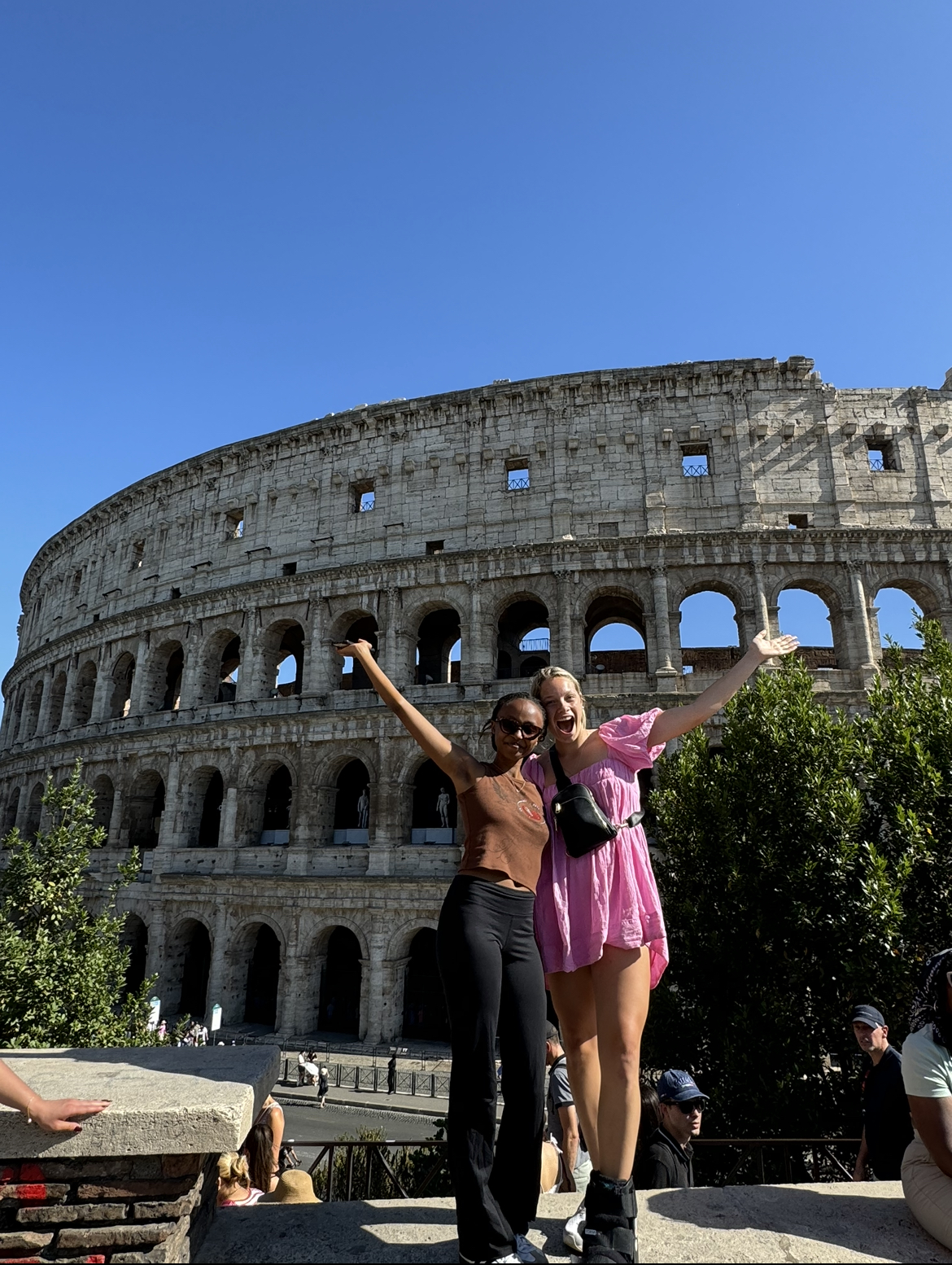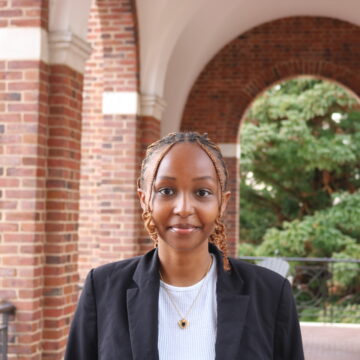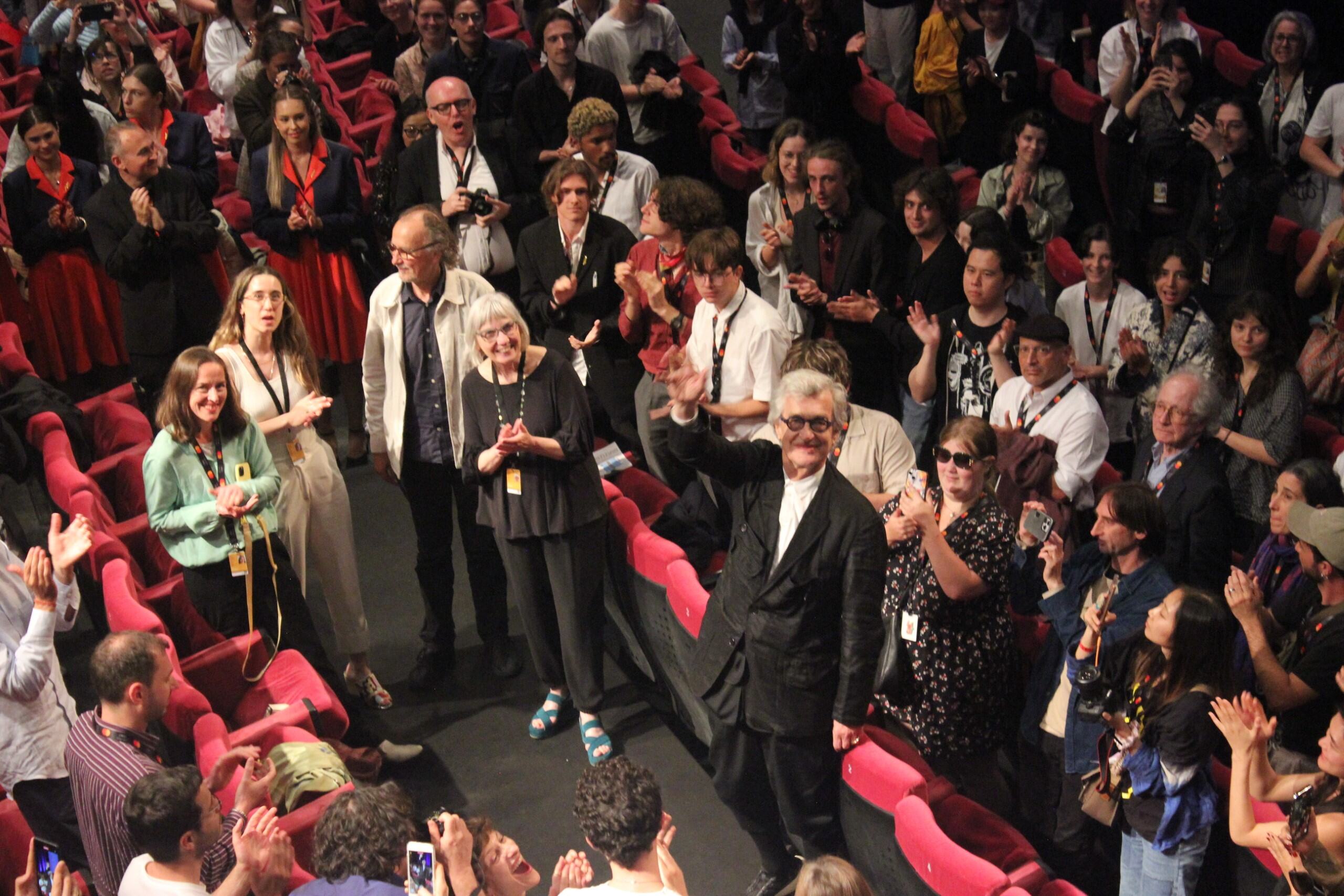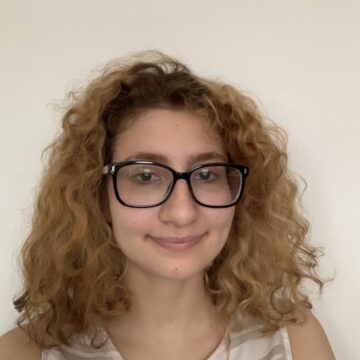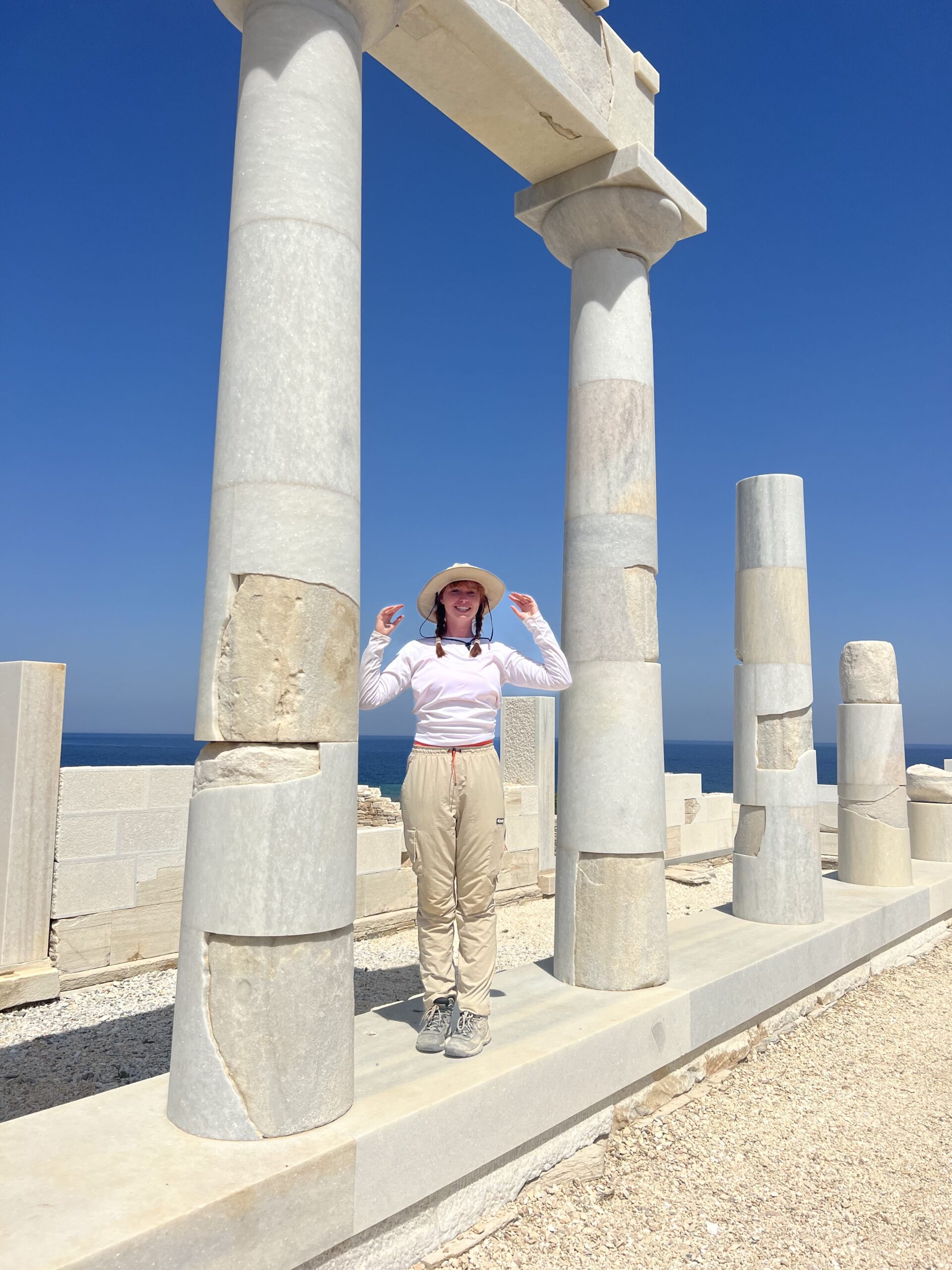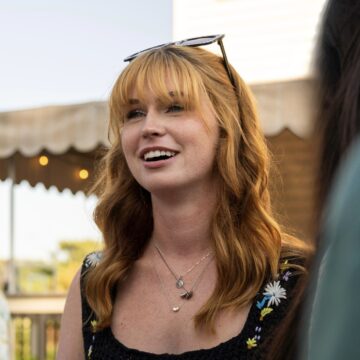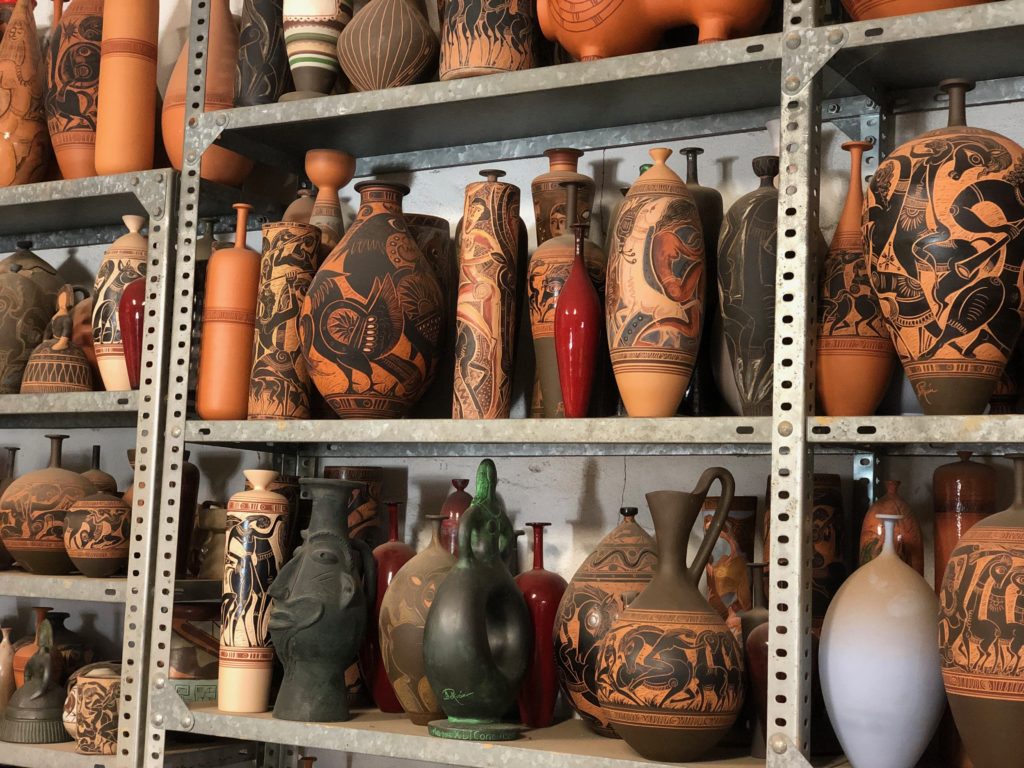
Studying abroad as an International Studies major, seems like a bit of a necessity. How can we truly know a place without visiting, without seeing it for ourselves? Trying to learn about another country in a classroom can only get you so far. It’s like looking through a telescope at another planet, and trying to surmise what its like. For me, I wanted to go to a place where I could learn Spanish. Spanish is one of the most widely spoken languages in the world. It is spoken as an official language in 20 countries, and makes up large minorities in countries like the United States. To learn another language, is to make oneself more useful, more dynamic, in an increasingly globalized world. Learning another language also allows for us to learn about the culture of a place, of a people, without the distortion of translation.
For me, the goal of becoming fluent in Spanish arose from more personal origins. My grandparents all came from Cuba, fleeing Castro, during the 1960s, and made their home in the United States afterwards. We’ve always been close despite the language barrier, but I have always felt somewhat disconnected from my family as well as from my culture. I want to be able to pass our traditions down, as well as have real conversations with those in my family who are responsible for everything I am able to do, and have now. Also, for a couple of semesters now, I have been interning at KIND, an amazing organization that helps provide representation to unaccompanied minors during their removal proceedings with immigration court. So far, I have been able to be helpful to the extent of translating on paper, but I would like to extend that to conversations, to talking.
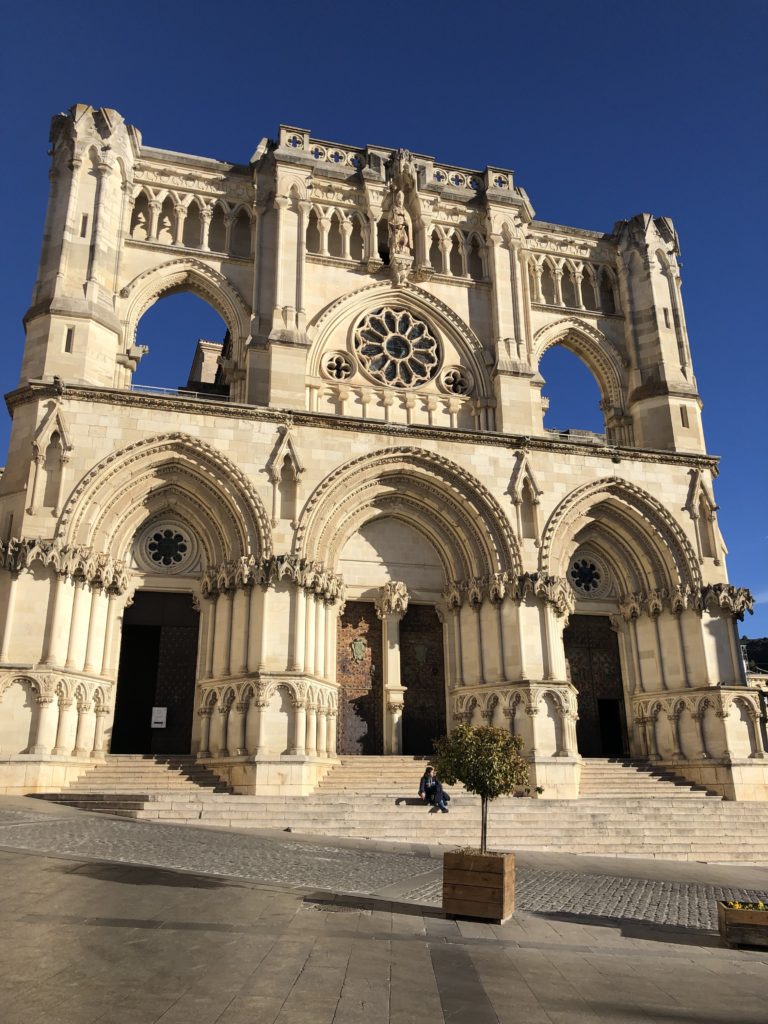
So I made a somewhat last minute decision to study abroad in Madrid, Spain this semester. To say that I was overwhelmed when I first arrived is a bit of an understatement. We spent our first two weeks in Cuenca, a smaller town, about an hour and and half east of the capital. As soon as we stepped off the bus, we were bombarded with besos y abrazos, meeting the coordinators of our program, Spanish students, who would help us get acquainted with Cuenca, and the two owners of the bed and breakfast we would be staying at. Since we were pretty much only allowed to speak in Spanish, the first few shared meals passed in complete silence. Even though our group was only made up of Hopkins students, I was surrounded by strangers, and a couple distant acquaintances. My bags had been left in New York, thanks to the delay of my first flight. So with no clothes, and no one to talk to in more than a few broken sentences, I questioned the purpose of such a trip.
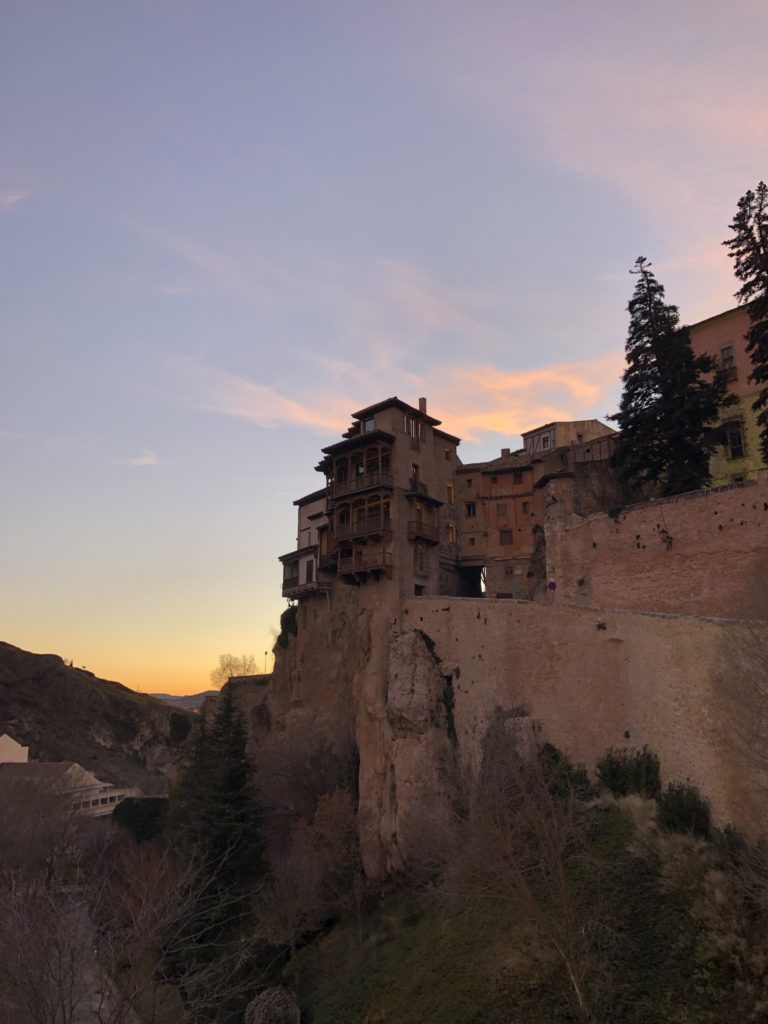
However, to say that I was being dramatic at the time, would also be a bit of an understatement. The whole point of the trip was exposure. And that’s what we got. In Cuenca, we were completely immersed in a different language. Of course the first few days were hard. But we all learned with time; we began to take risks. If we said some phrase or some word wrong, we were simply corrected and that was it. No one was expecting us to be perfect or fluent. They only expected us to try. And we had so many opportunities to do just that; we had classes that emphasized conversation, speaking, and becoming comfortable with the language. At all three meals, we spoke only Spanish, and actually had decent conversations, which I thought was impossible in the beginning. We were also taken on multiple cultural activities, including visiting the oldest gothic church in Spain, climbing and crawling through a cave, visiting an abstract art museum, and making our own paintings and ceramics. Those two Spanish students became our close friends. I already miss them a lot and can’t wait to go back and visit them. All of us from Hopkins were pretty much forced by circumstance to become friends too. We’re no longer just somewhat familiar faces to each other. It was definitely a transformative experience, and that only included the first two weeks of this semester. I can’t imagine what the rest of the semester in Madrid will bring.
